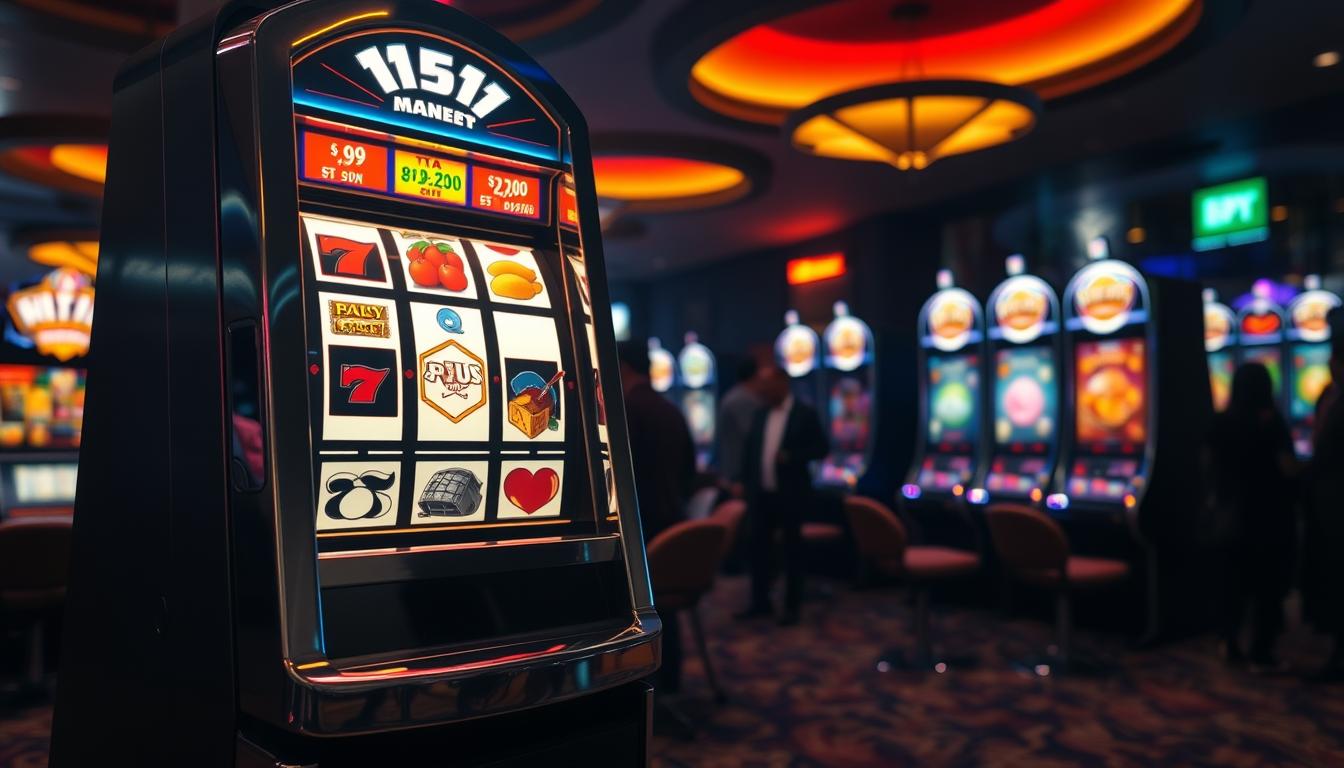Online poker events enthrall players all over with their unique mix of skill, strategy, and competition. Apart from evaluating their card-playing skills, these games provide fantastic settings where players struggle psychologically against an opponent. Particularly to me in high-stakes events are the opportunities for large profits and the expertise of overcoming opponents appeal. Players negotiating a fast-paced format that increases the stakes with each hand in this digital environment might highlight their ability of bluffing, positional awareness, and agility. Moreover, the availability of internet platforms lets fans from many backgrounds participate, therefore generating a rich and varied field. Rising players not only get financial benefits but also recognition and a feeling of success within the poker community. Every choice counts in this exciting terrain, hence online poker tournaments are the ultimate experience for everyone aiming for success and reputation.
Understanding Tournament Formats and Structures
In poker tournaments, there are many paths from which to approach each with unique atmosphere. Usually smaller, Sit & Go events—often known as SNGs—start once a certain amount of players register and usually span 2 to 10. For those seeking a fast game, these competitions are fantastic as they save competitors from waiting long for a big field to develop. Multi-table tournaments (MTTs), on the other hand, attract big numbers of people and may include hundreds of players using many tables operating concurrently. Although they take more time to finish, their sometimes larger awards appeal to fierce rivals.
Fast-paced action combined with strategic gameplay makes up turbo forms Blinds rise faster in Turbo competitions than in other forms, hence players must modify their plans constantly. All forms depend on an awareness of blind levels as it determines your degree of aggressiveness or conservatism as the event advances. Furthermore, understanding payout structures may greatly affect your strategy; knowing when to take chances instead of playing it safe can help you either cash out or go home empty-handed. Mastery of these components will help you to create a winning plan in every poker game.

Early Stage Play: Laying a Strong Foundation
Early on in Double-Up Sit and Go events, being cautious will help you to succeed. Emphasize playing value hands—that great beginning hand that will let you to increase your chip stack without running all-risk. Look for chances to play hands like as pocket pairs or high cards in position rather than all-in with every respectable hand. This helps you to maximize value from opponent who could be playing weaker hands and reduces your chance of finding yourself in trying conditions.
Another important quality is patience and avoidance of needless conflict. Play solid hands according to your plan, then wait for good circumstances to highlight your edge. Consider betting for value if you strike a great hand on the flop—that of top pair with a nice kicker—but avoid overcommitting. You want your opponent to remain in the hand without frightening them off. As the blinds rise, you will be in a great position ready to seize the more aggressive moves later on by progressively expanding your stack and profiting on your opponent’s errors.
Mid-Stage Strategies: Adjusting to the Field
Among the most important abilities in poker, particularly at a live table, is reading your opponent. Live poker provides you the opportunity to pick up physical signals and behavior unlike online gaming, where you depend on metrics and figures. From their body language, betting patterns, and even facial expressions, one may determine if an opponent is confident or uncertain. Paying careful attention to your opponent’s responses in various circumstances can help you to make better judgments and modify your approach to take advantage of their flaws.
Especially with Double-Up Sit and Go, deliberately stepping up your aggression might make all the difference. Playing aggressively makes your opponent commit folds or mistakes even if they may usually remain in the hand. This does not mean you should be aggressive all the time; rather, look for the right moments to act, particularly when you feel your opponent is weak or when you are in a strong position. Finding chances to steal blinds and antes is also very crucial. Making a well-timed raise can help you gather chips without having to witness a confrontation if you find opponents in late position are tight or look reluctant to defend their blinds. Developing these facets will not only improve your game but also make you a strong opponent on the table.
Final Table Tactics: Playing for the Win
Playing short-handed poker calls for a different approach as the dynamics differ greatly from those in full-range games. Less people on the table means that hands that would be too weak in a full game might become playable. You should so extend your beginning hand range and use more aggressive wagers. In these situations, position becomes increasingly than important; for instance, a late position lets you more often steal blinds, thereby exploiting weaker players. Remember, particularly when you can put pressure on your opponent who could be playing tighter because of the few players, aggressiveness can be your greatest friend.
Short-handed play also depends critically on an awareness of chip stacks. Watch closely your stack size in relation to that of your opponent. While a smaller stack may be bullied by a larger stack, a short stack should focus on finding spots to double down. The Independent Chip Model (ICM) helps decisions on whether to wager or fold in tournament settings. The ICM emphasizes the value of your tournament position as well as of your chips. It demonstrates how your decisions influence your chances of reaching the money or final table. Including ICM elements into your chip stack study will enable you to make better decisions increasing your chances of occupying that top seat.
Managing Your Bankroll for Tournament Play
Maintaining fun and stress-free gaming experience depends on having a budget for online poker events. First, figure out how much money you might reasonably commit to poker without compromising your everyday spending. Stay to it as this budget will be your tournament bankroll. Generally speaking, you should only utilize a tiny portion of your whole bankroll for any one event purchase-in. You may therefore tolerate losses and yet have enough left to keep playing.
When choosing buy-ins, particularly if you are developing your abilities or are new to online poker, think about beginning with lower-stakes events. This lets you choose the skills without running too big of a loss of money. As you grow confidence and knowledge, your buy-in levels will climb gently. Remember always that risk should always be matched with reward; even if attending more high-stakes tournaments might be interesting, make sure you are ready for that level of competition.
Maintaining a sustainable mindset finally means realizing your decisions and emotions. Sign more events than your means permits to avoid running after defeats. Give your long-term growth as a player primary priority instead. Along with your tournament performance, plan practice and study time. See every session as a steppingstone toward better poker performance. Play smart, have fun, and limit your expenditure.

Conclusion
Success in online poker games relies on a player’s understanding of the mechanics of the game—that which includes mastery of positional awareness, stack evaluation, and the delicate art of bluffing. Using adaptable strategies suited for various game levels and opponent characteristics, players may traverse the competitive landscape. Maintaining discipline, building a strong mindset, and managing emotions help one to overcome challenges and lessen the impact of variety, therefore increasing a player’s chances to win in the fast-paced world of online poker tournaments.



